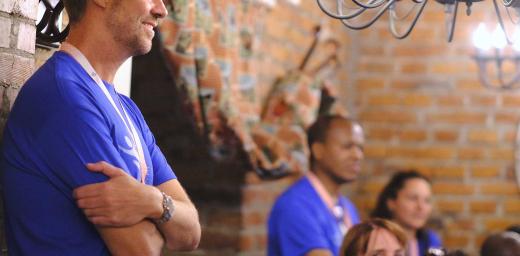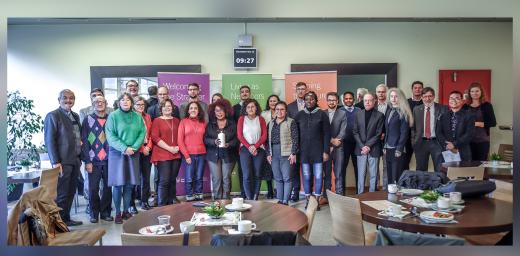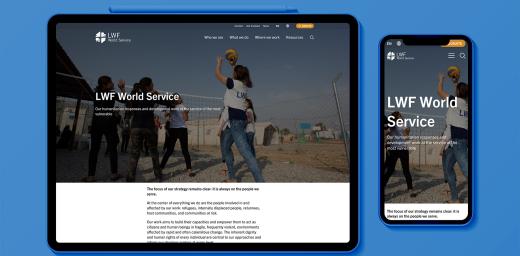Where we work
World Service is present in 24 countries in Africa, Asia including the Middle East, Europe and Latin America and the Caribbean.
Currently, LWF World Service is present across 18 programs in 24 countries in Africa, Asia, Europe, Central America, the Caribbean and the Middle East.
LWF World Service works in the midst of some of the most intractable and challenging humanitarian and development situations globally, always focuses on the human being.
Our staff work in environments, which are unstable, and often impacted by violence and unrest.
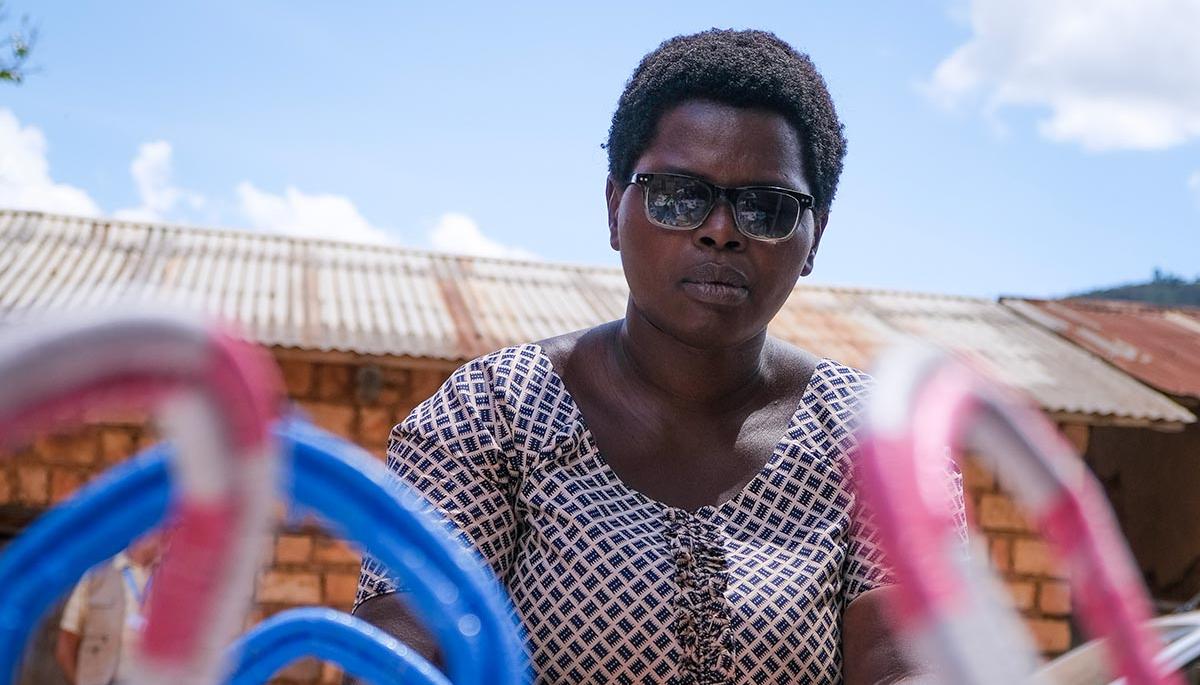
Members of Péline’s cooperative make woven baskets for additional income. Photo: LWF/L. Gillabert
Country Program
In 2023, the program supported more than 33,000 people through projects in the areas of livelihoods, child protection, education, gender justice and social cohesion.
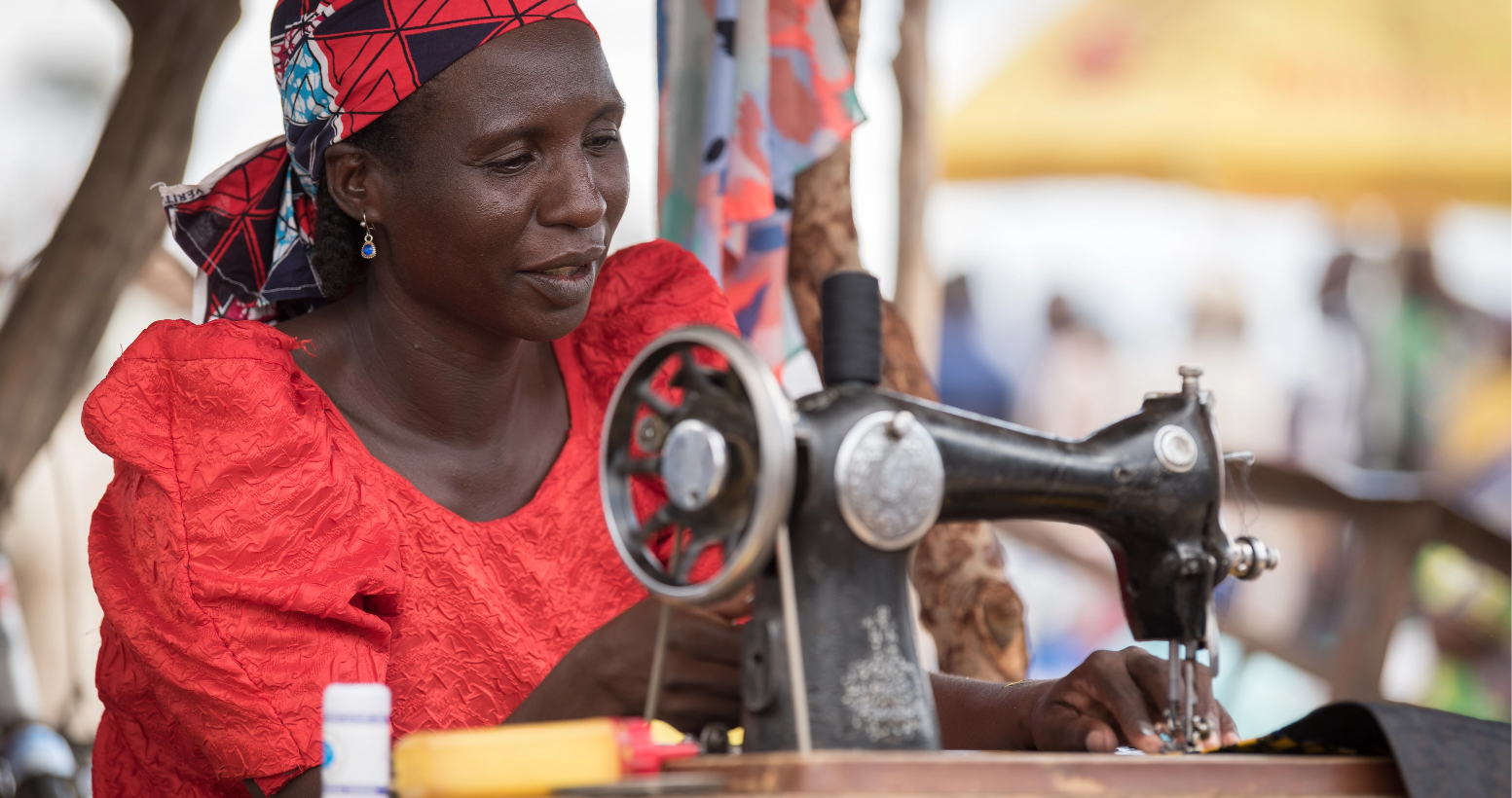
Nigerian refugee sews a skirt to be sold at the marketplace in Minawao, Cameroon. Photo: LWF/Albin Hillert
Country Program
LWF Cameroon supports vulnerable people, including Nigerian and Central African refugees, internally displaced persons and host populations. It advocates for their rights to access drinking water, the job market, the informal economy and children’s education.
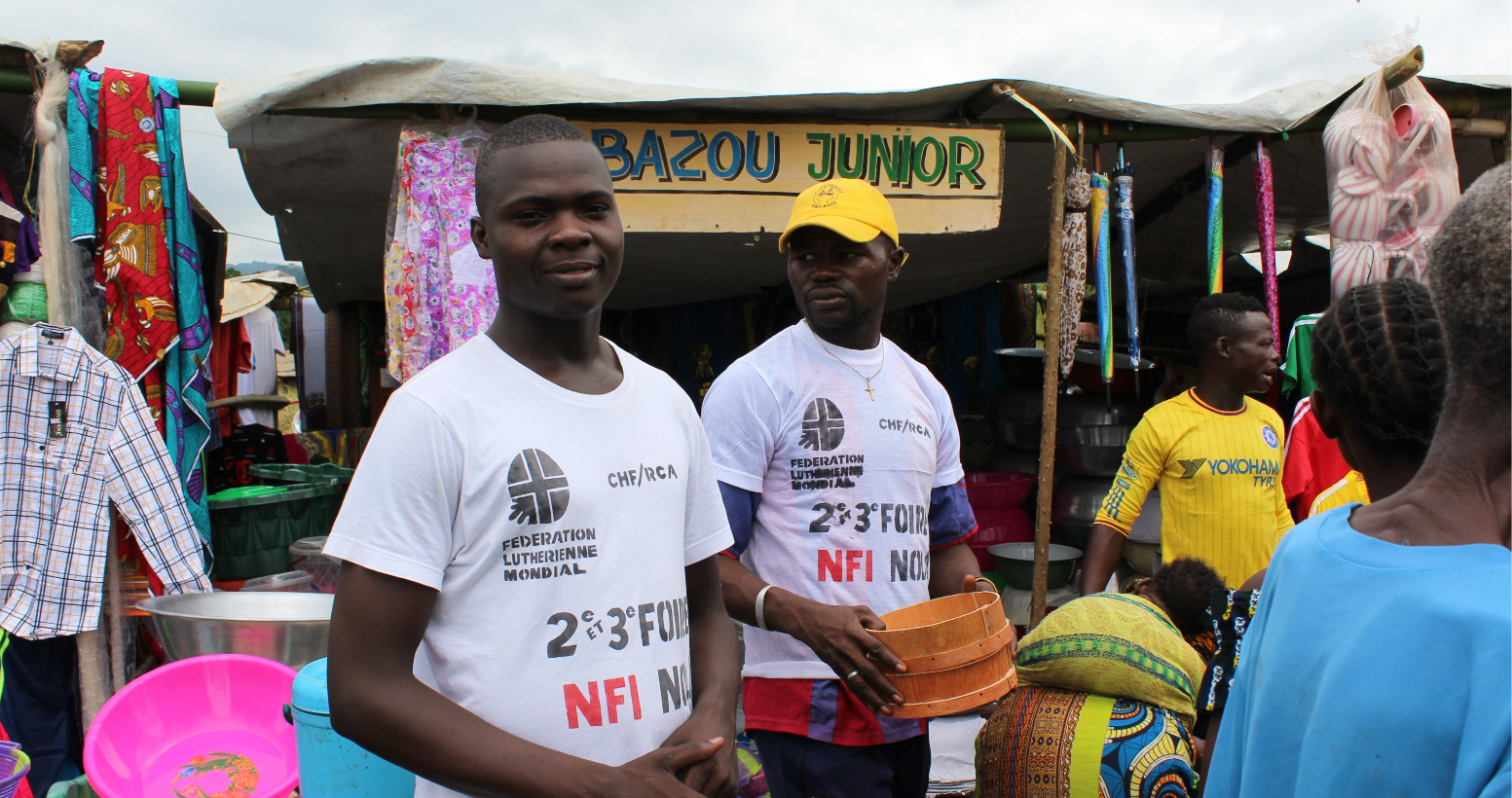
Traders in front of their stand. Photo: LWF Central African Republic
Country Program
Following a March 2013 military coup, the Central African Republic saw an escalation of violence that often targeted civilians. LWF supports internally displaced people (IDPs), affected communities and those returning home in the west of the country.
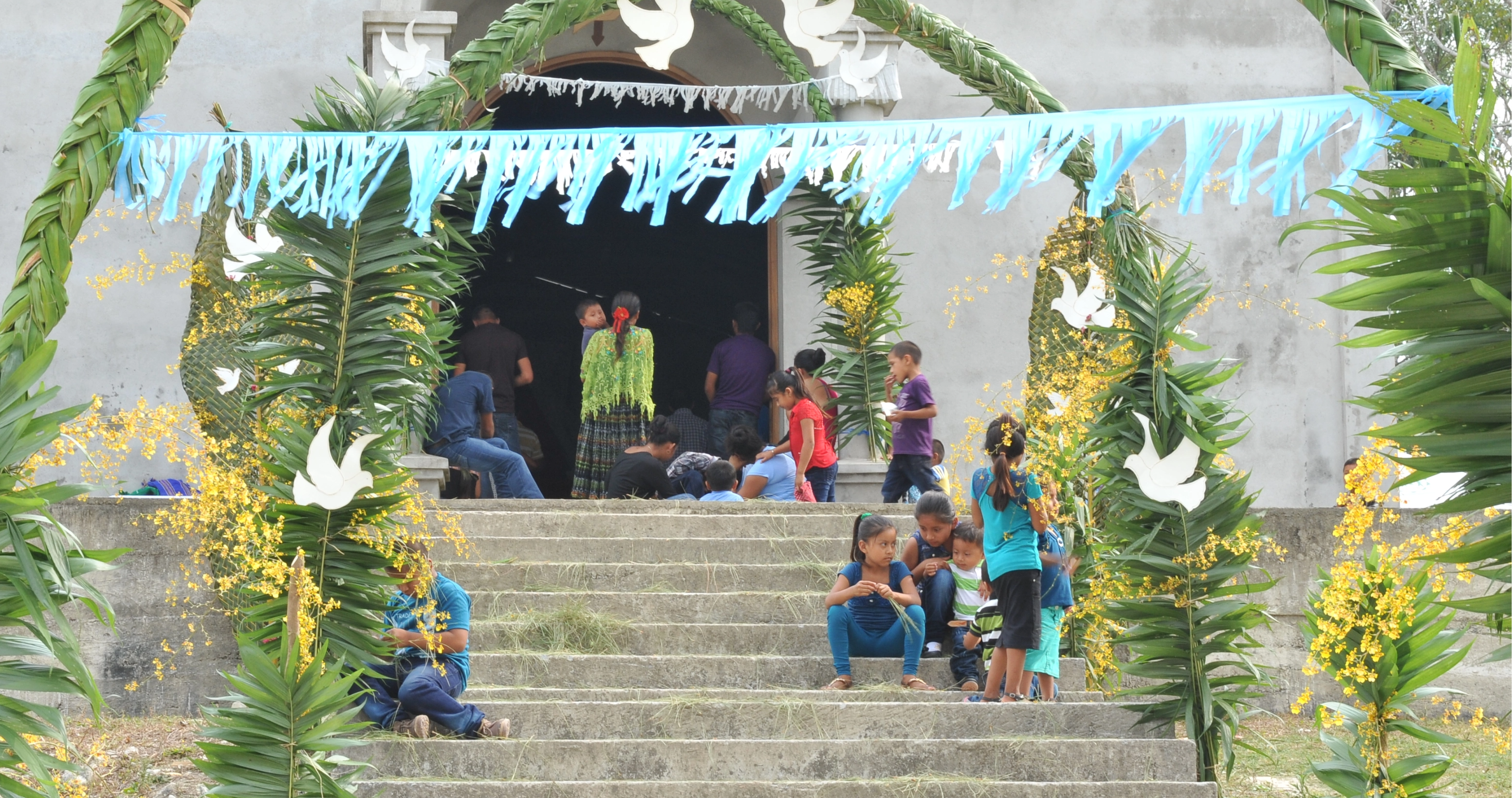
Church in Guatemala. Photo: LWF Central America
Country Program
The social, economic, environmental, and political conditions in Central America make it one of the most vulnerable regions in the world.We are advocates on critical regional issues including human rights, food security, regional financial policy, and climate justice.
Womand cooking in Daouda, Chad. Photo: LWF/A. Danielsson
Country Program
Chad is heavily affected by conflicts in neighbouring countries. The LWF responds to the current influx of people fleeing the violence in Sudan, and works together with refugees and host communities to help meet urgent and long-term priorities.
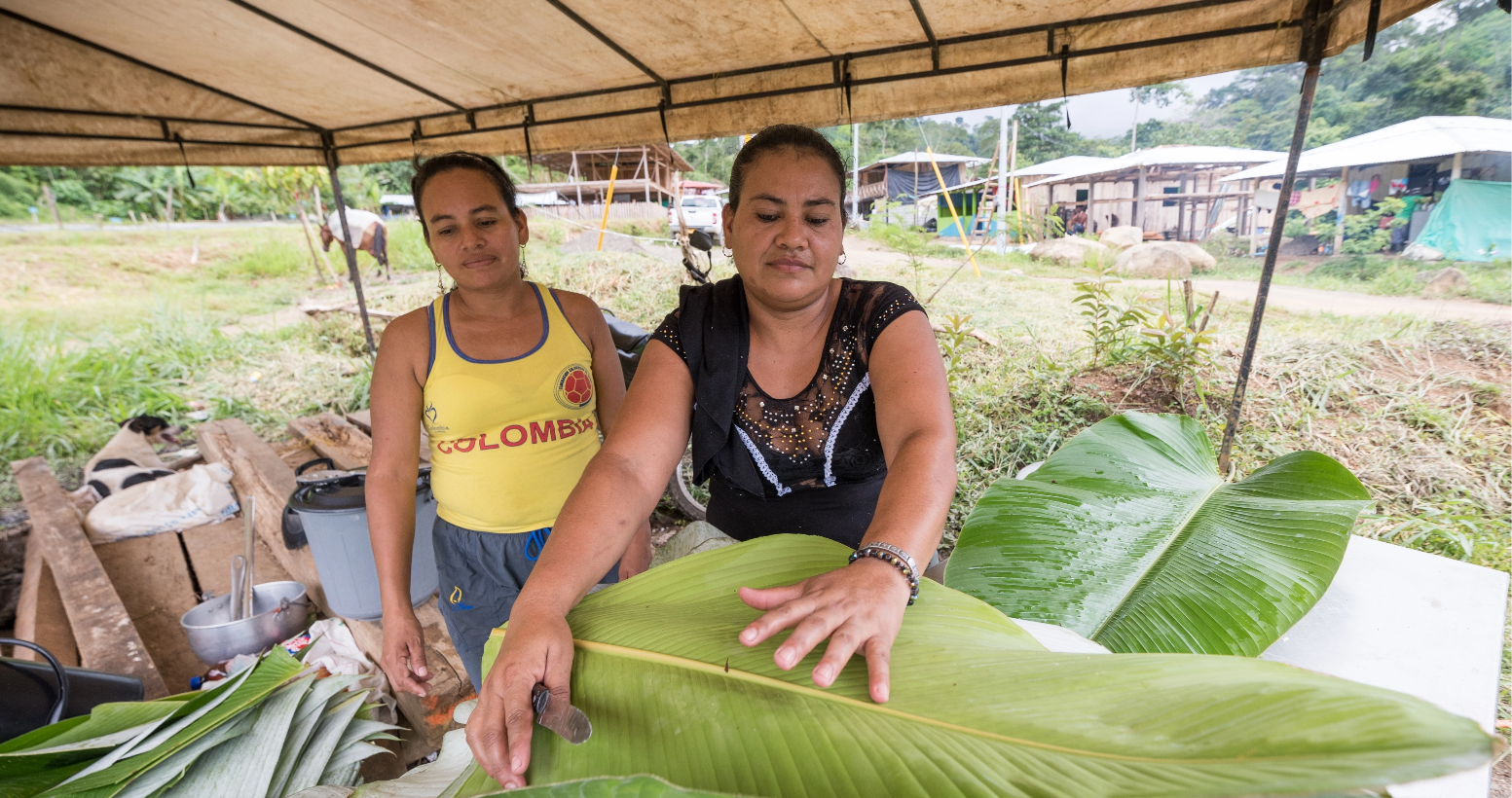
Colombia-Venezuela
Country Program
Since 2006 in Colombia and 2019 in Venezuela, the LWF Colombia - Venezuela program responds to various emergencies and needs caused by armed conflict, natural disasters and migration, supporting affected ethnic communities, peasants, migrants, and local leaders.
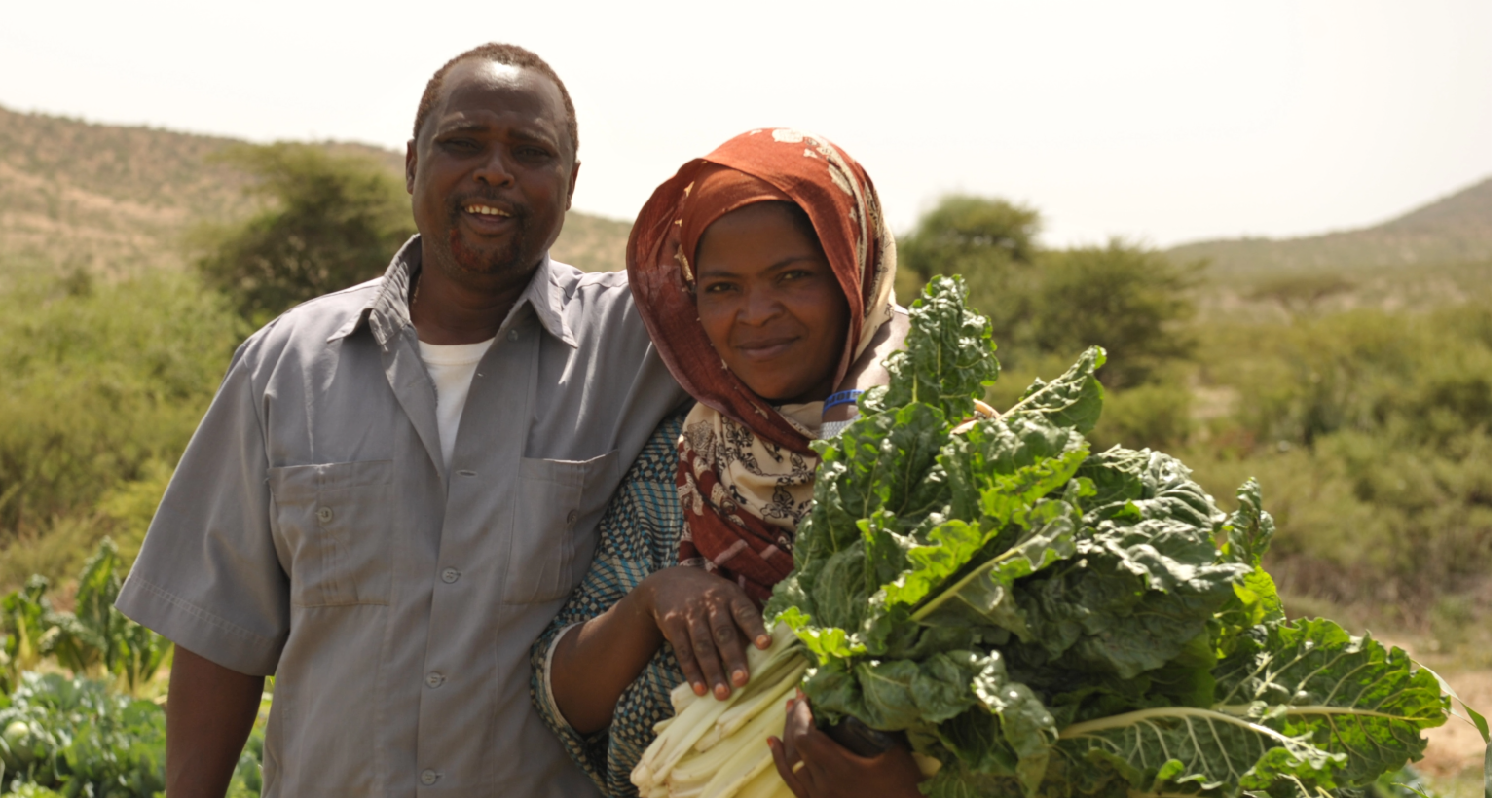
Ethiopia
Country Program
In the country since 1973, the Lutheran World Federation (LWF) responds to crises and needs by assisting refugees, Internally Displaced People (IDPs), and vulnerable local communities. LWF also responds to recent conflict in Tigray and Amhara, and the refugee influx caused by the conflict in Sudan.
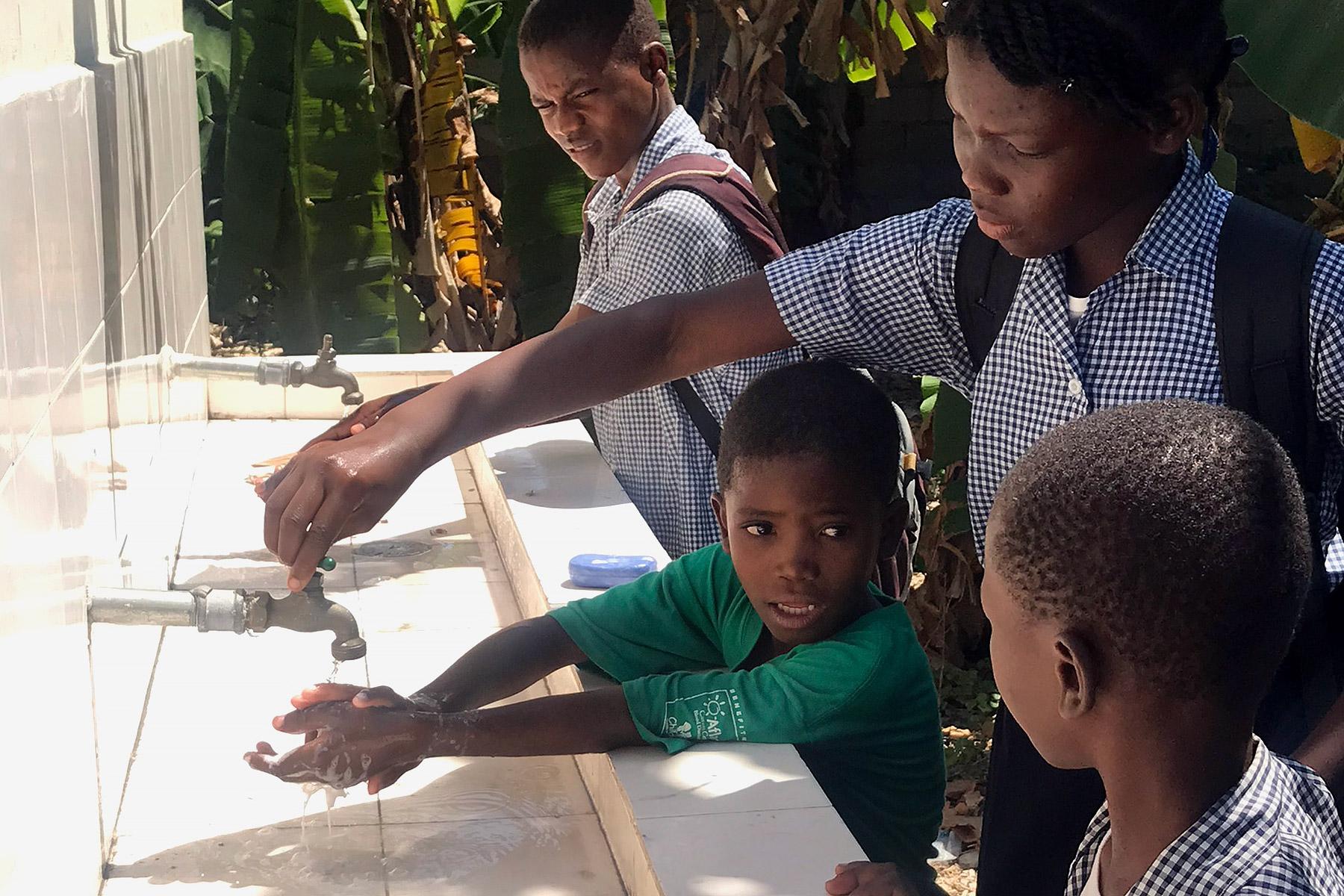
Country Program
Opened in 2017 in Port-au-Prince, the joint office of Diakonie Katastrophenhilfe (DKH), the Lutheran World Federation (LWF) World Service, and Norwegian Church Aid (NCA) carry out joint projects in the areas of water, sanitation and hygiene (WASH), livelihoods, climate adaptation, food security and disaster risk reduction (DRR).
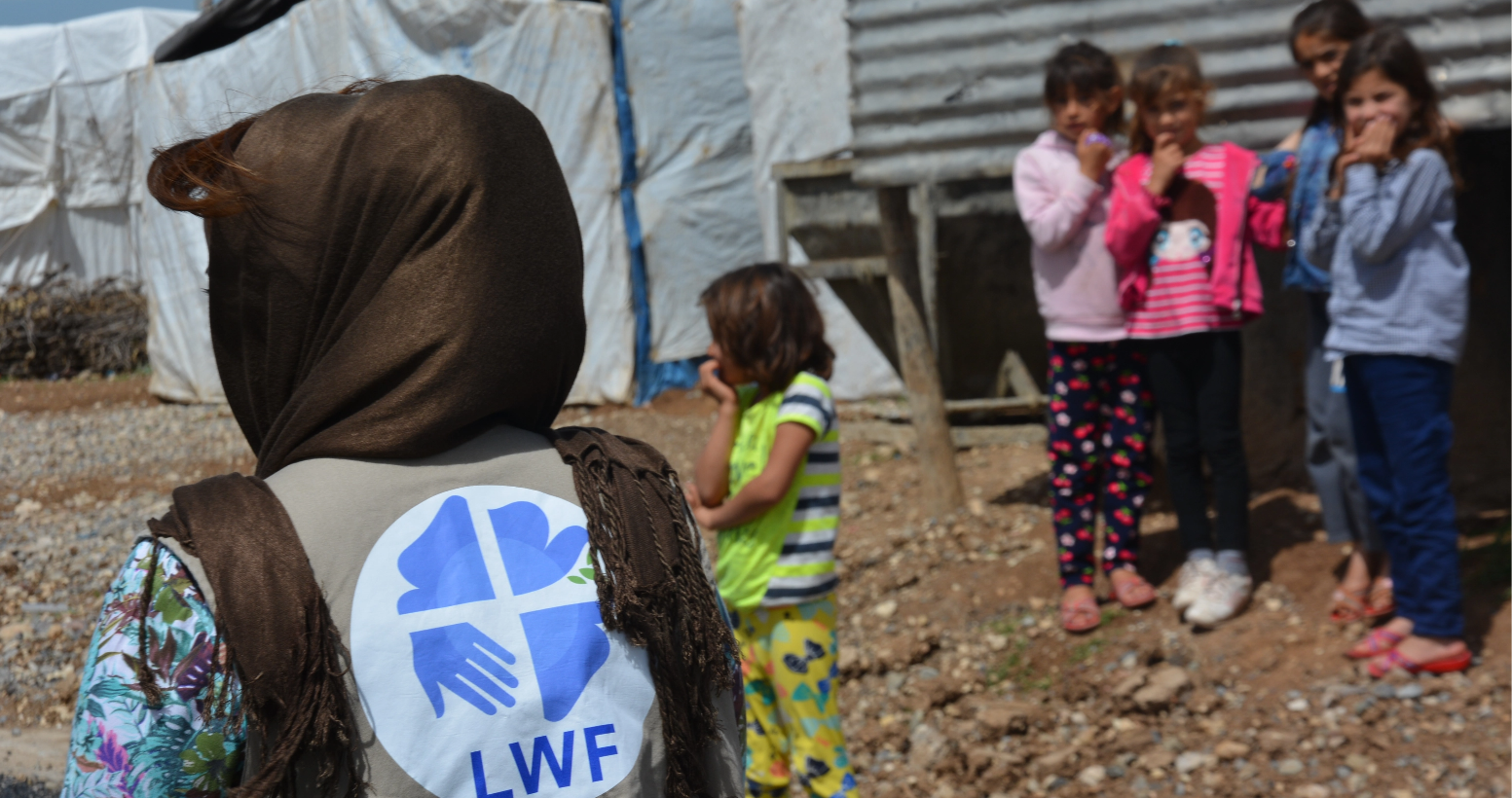
Iraq
Country Programs
The LWF has intervened in Iraq since 2014, supporting internally displaced people, host communities and Syrian refugees.
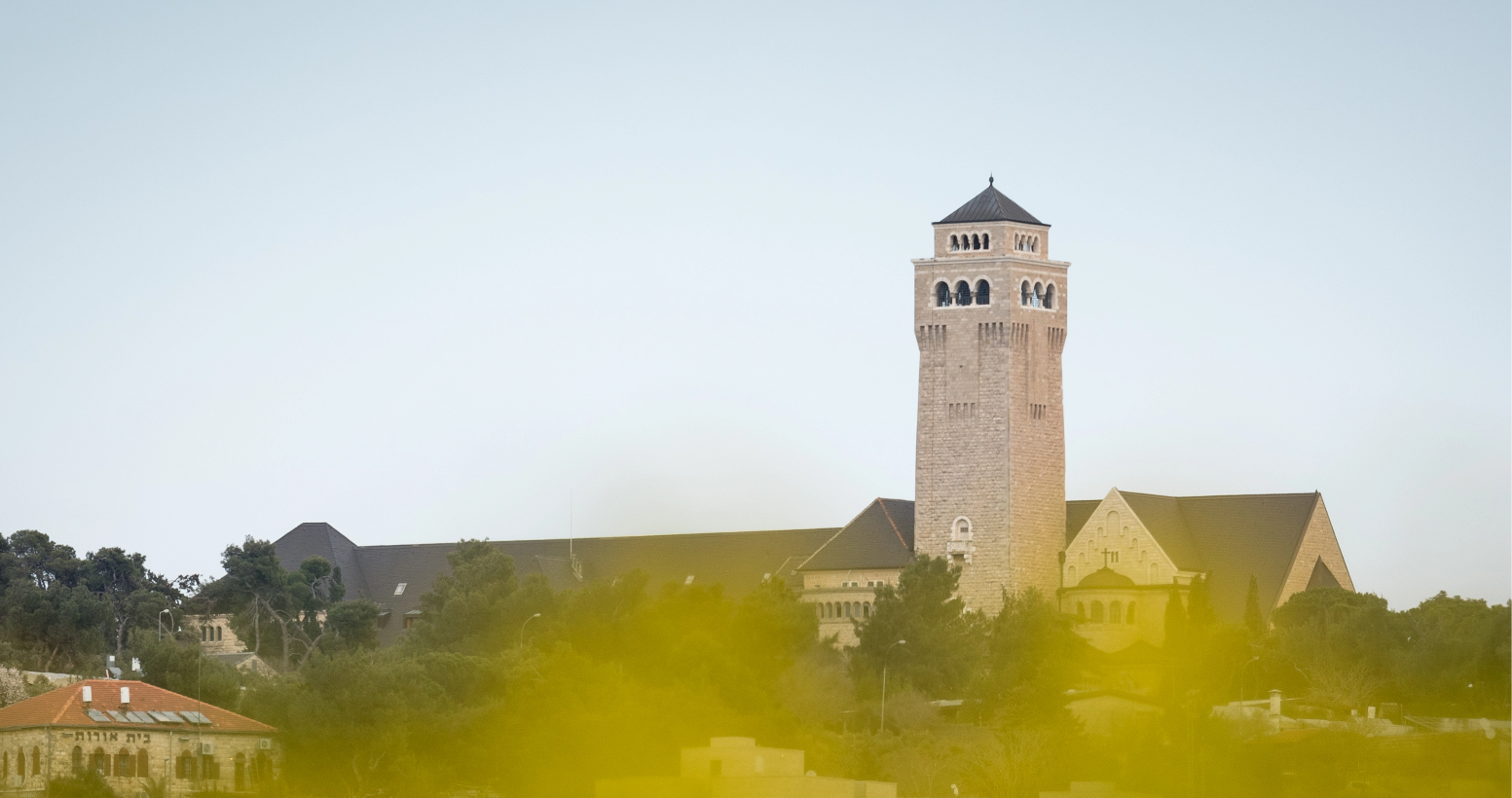
Jerusalem
Country Programs
The work of the LWF Jerusalem Program started in 1948 as a refugee operation and continues, over 70 years later, to serve the Palestinian people. The Israeli occupation of the West Bank, the ongoing blockade of the Gaza strip, and a series of failed peace processes have led to a protracted protection crisis, affecting all parts of the lives of the approximately 5 million Palestinians.
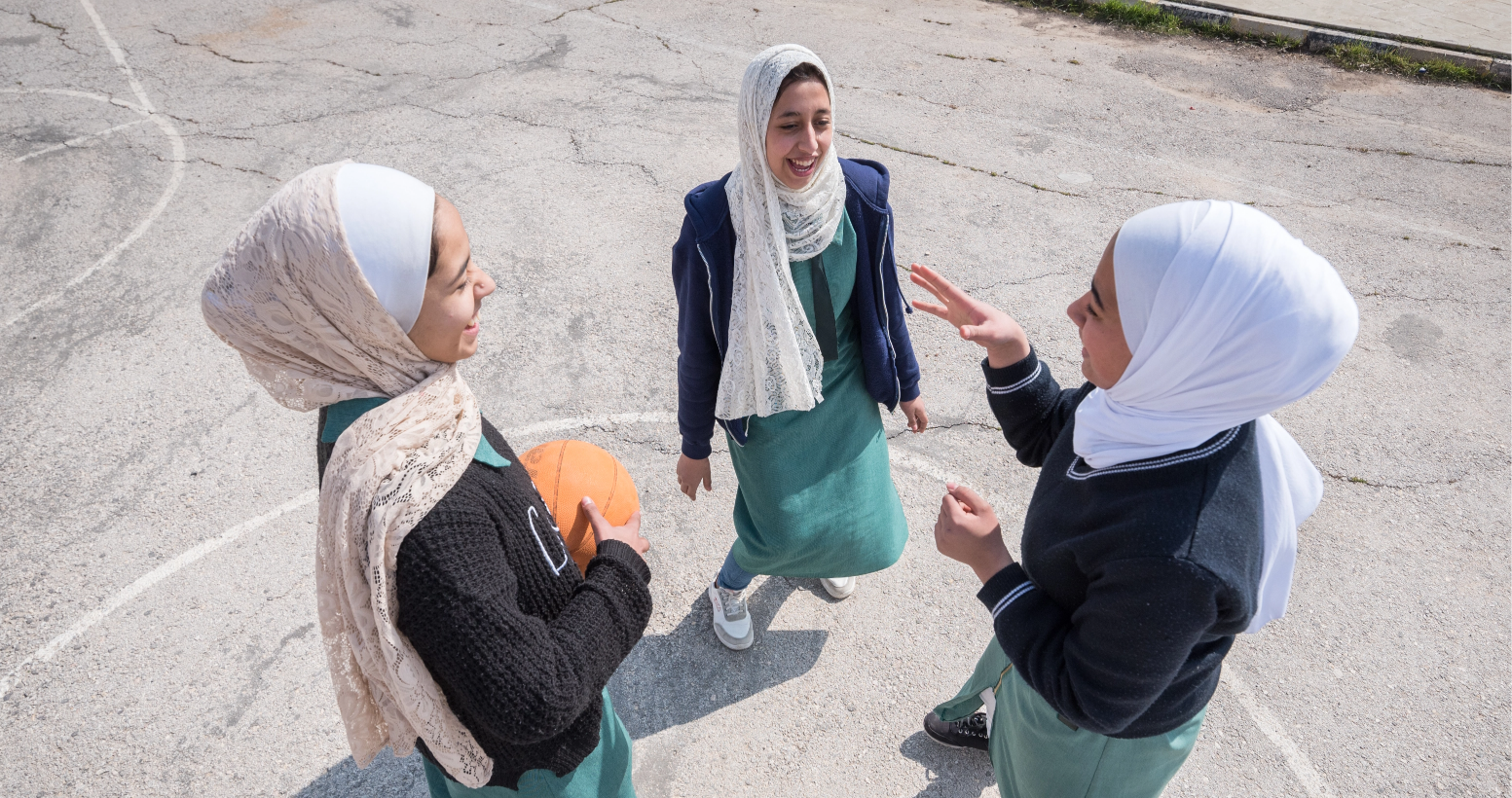
Jordan
Country Programs
LWF started working in Jordan in 2012 , responding to the refugee crisis caused by the Syrian civil war. In the past eleven years, LWF Jordan has built up a track record in three programmatic areas: Livelihoods, Quality Services (Education) and Protection & Social Cohesion, targeting Syrian and Iraqi refugees and vulnerable Jordanians. LWF is present in local communities and in the Zaatari camp.
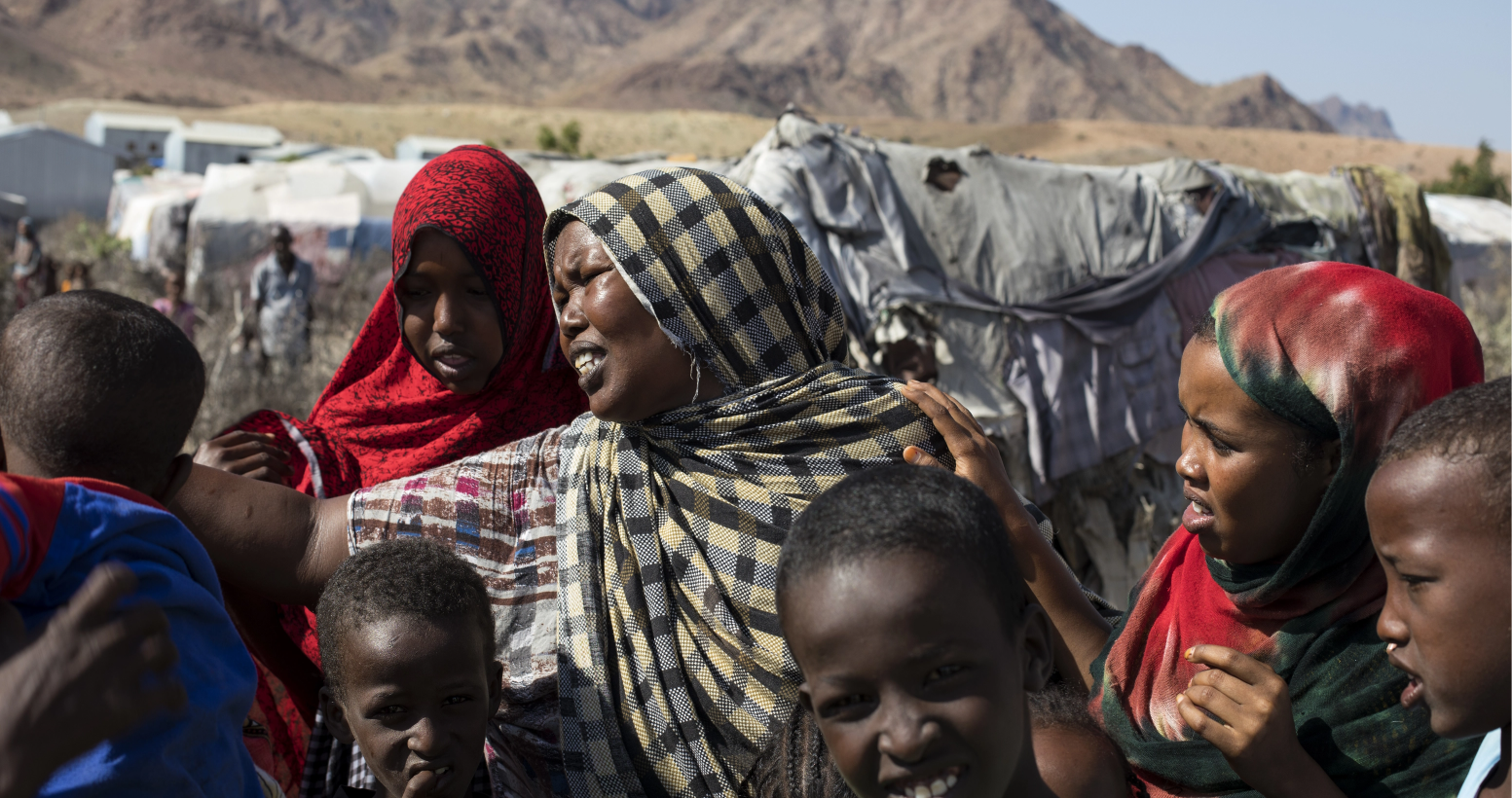
Kenya-Somalia
Country Program
LWF Kenya-Somalia has been active in Kakuma Refugee Camp since it was established in 1992. In Turkana West sub county, the program has been implementing projects since December 1999. In 2008, operations started in Dadaab Refugee Camps. In 2017 the program opened an office in Kismayu, Somalia.
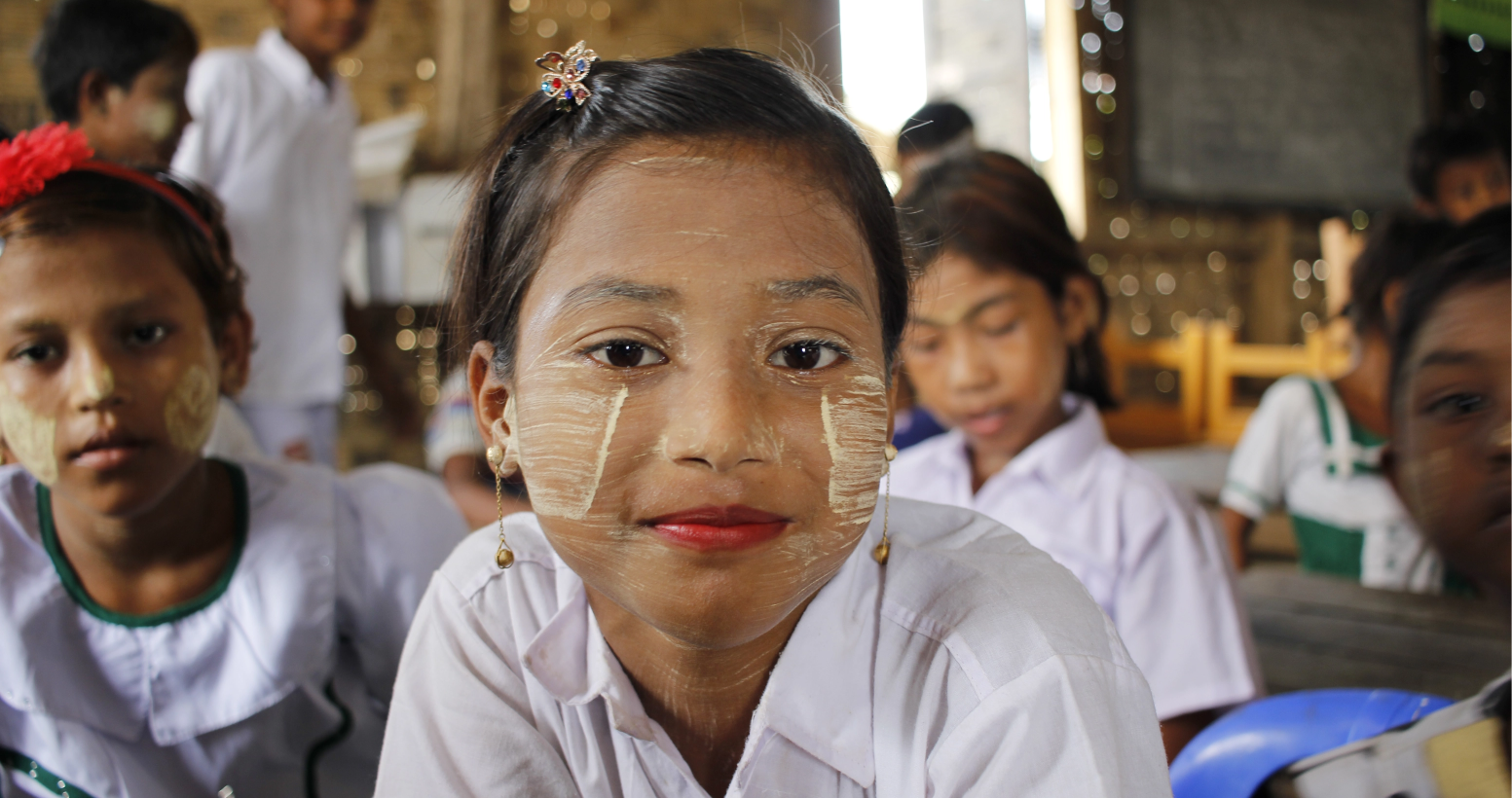
The prospect of a better education is more likely for Ma Khin Nu, seven, a resident of the Ohn Taw Gyi camp, Myanmar. Photo: LWF Myanmar/Isaac Kyaw Htun Hla
Country Program
LWF Myanmar serves people since 2008. The organization works in the poorest, most marginalized, and vulnerable parts of the country and among those affected by conflict, displacement, natural disasters, and injustice.
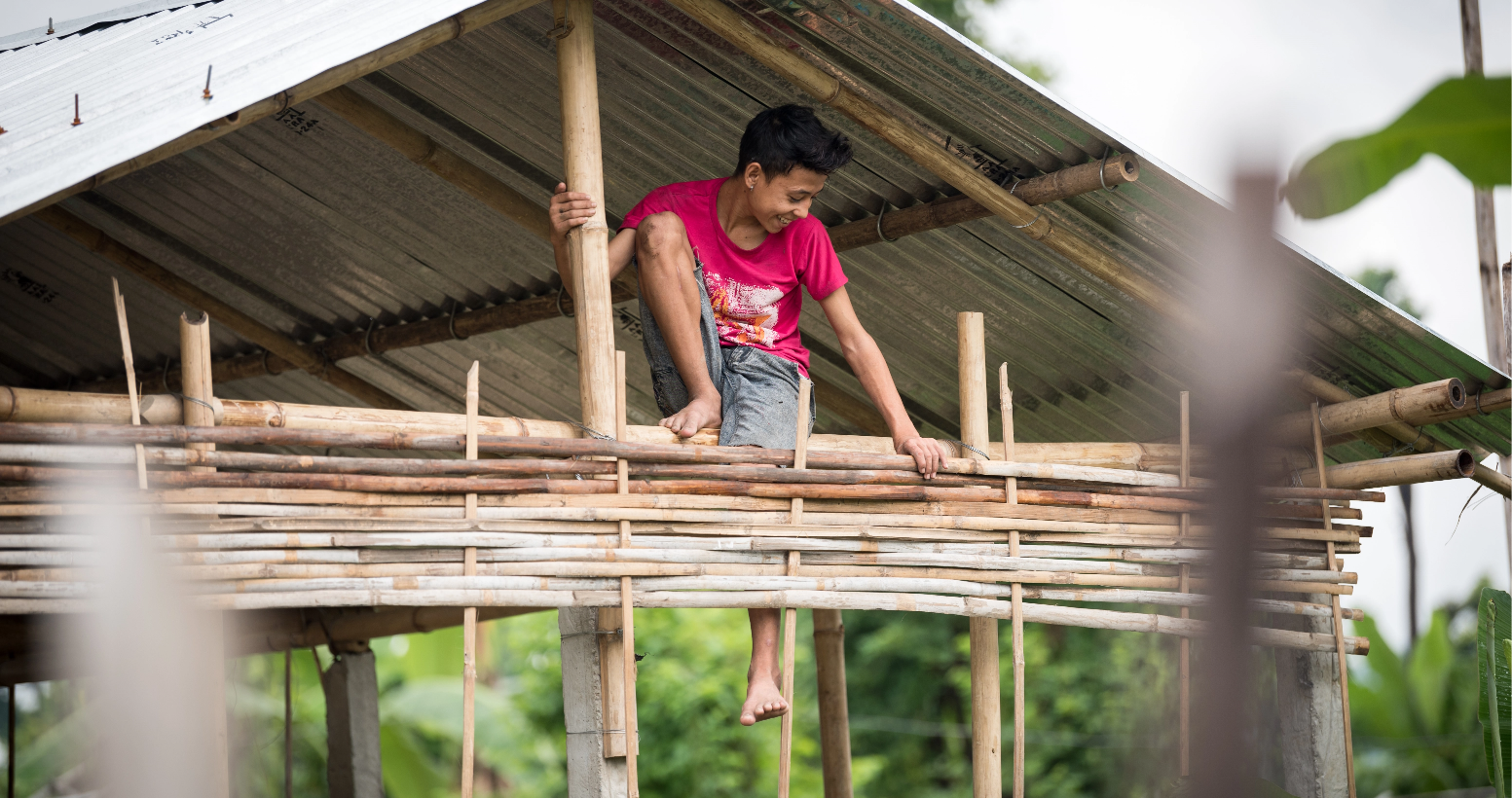
Nepal
Country Program
LWF has been working in Nepal since 1984 with refugees, hosts, displaced (IDPs) and people at risk with socioeconomic, and climate and disaster vulnerabilities. Voice and participation of the right holders have been enhanced through community-based organizations to ensure equal access to livelihoods, quality services, and protection and social cohesion.
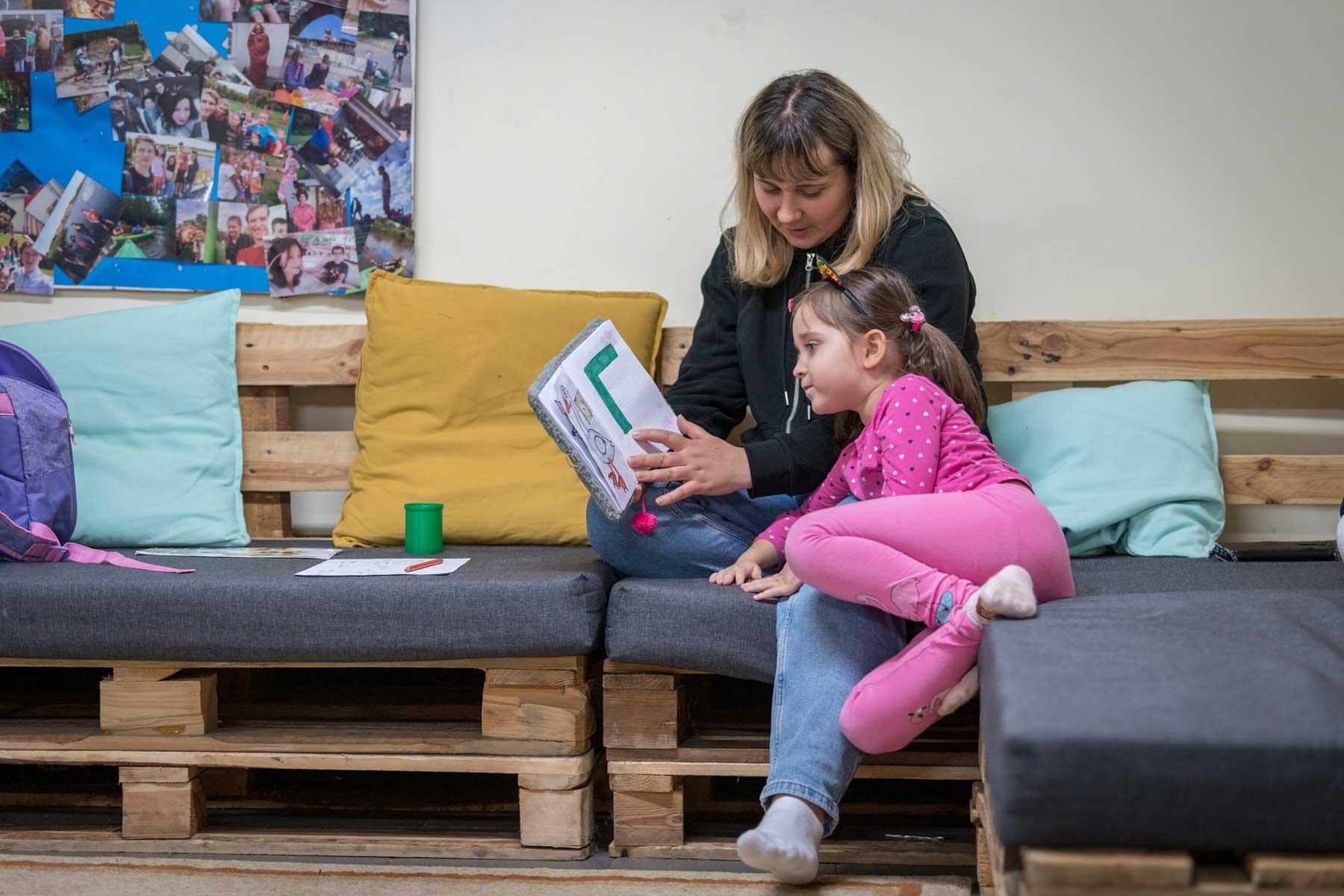
Katiia Kharytoniuk (37) and her daughter Sofija (5) from Uman, Ukraine, now live in a building of the Evangelical Church of the Augsburg Confession in Poland parish in Bytom. Photo: LWF/Albin Hillert
Country Program
The war in Ukraine caused the biggest refugee crisis in Europe since the end of the Second World War. As of June 2023, there are 6.3 million Ukrainian refugees registered outside their home country. Most of them fled to neighboring Poland.

Kenya-Somalia
Country Program
South Sudan gained its independence in 2011. Soon tensions flared up between different parties in South Sudan, culminating in another wave of civil war starting in December 2013. Subsequently, South Sudan has become one of the world’s biggest humanitarian crises. LWF South Sudan supports 255,000 individuals annually through education, protection, livelihood improvement, food security, promotion of human rights, shelter & relief goods, water sanitation & hygiene projects.
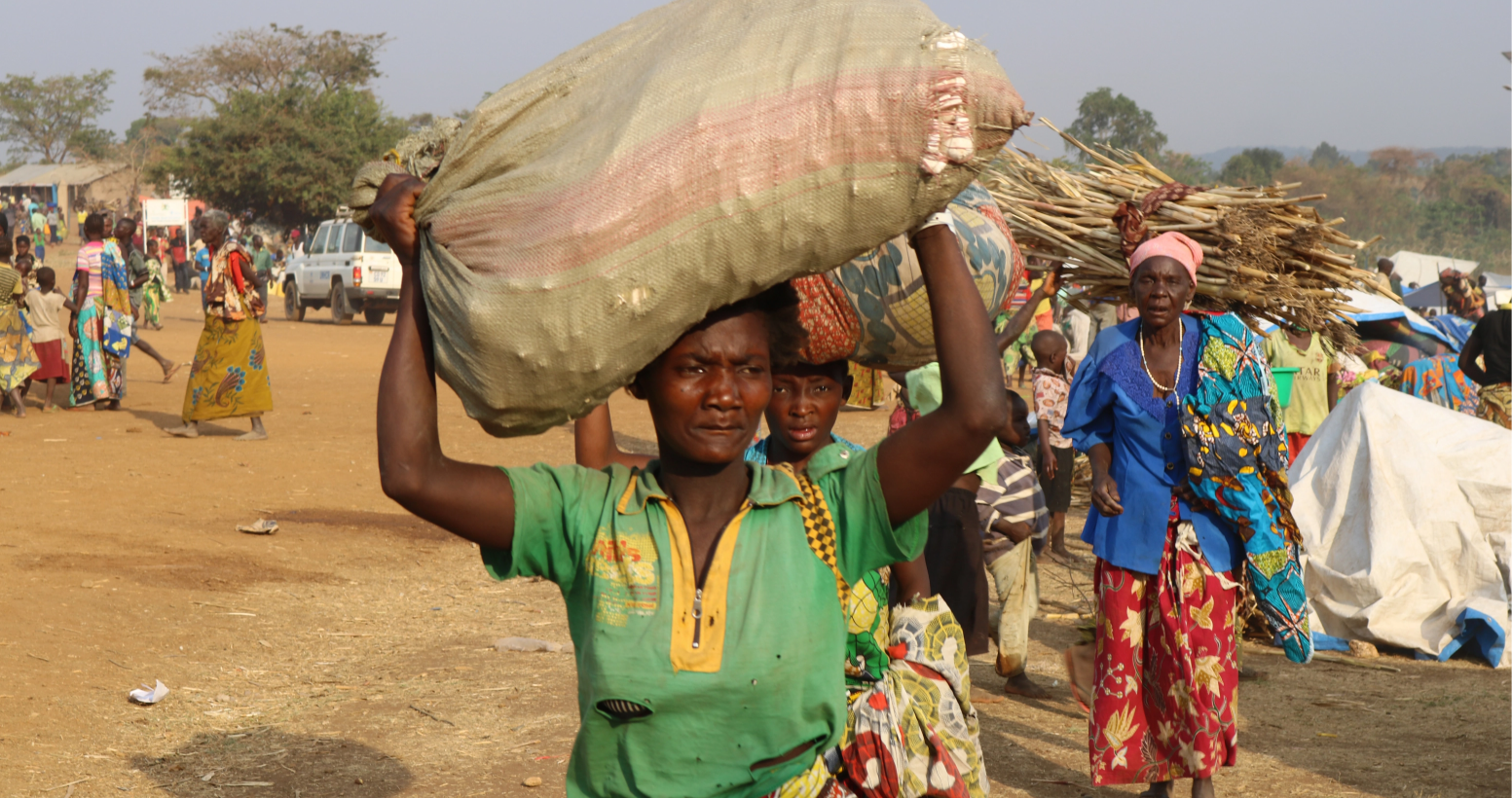
Uganda
Country Program
The LWF works through a variety of programs to help Ugandans – both young and old – achieve their rights and develop sustainably. We help local grassroots and district structures to organize and manage areas such as livelihoods, water and sanitation, health, and environmental management.
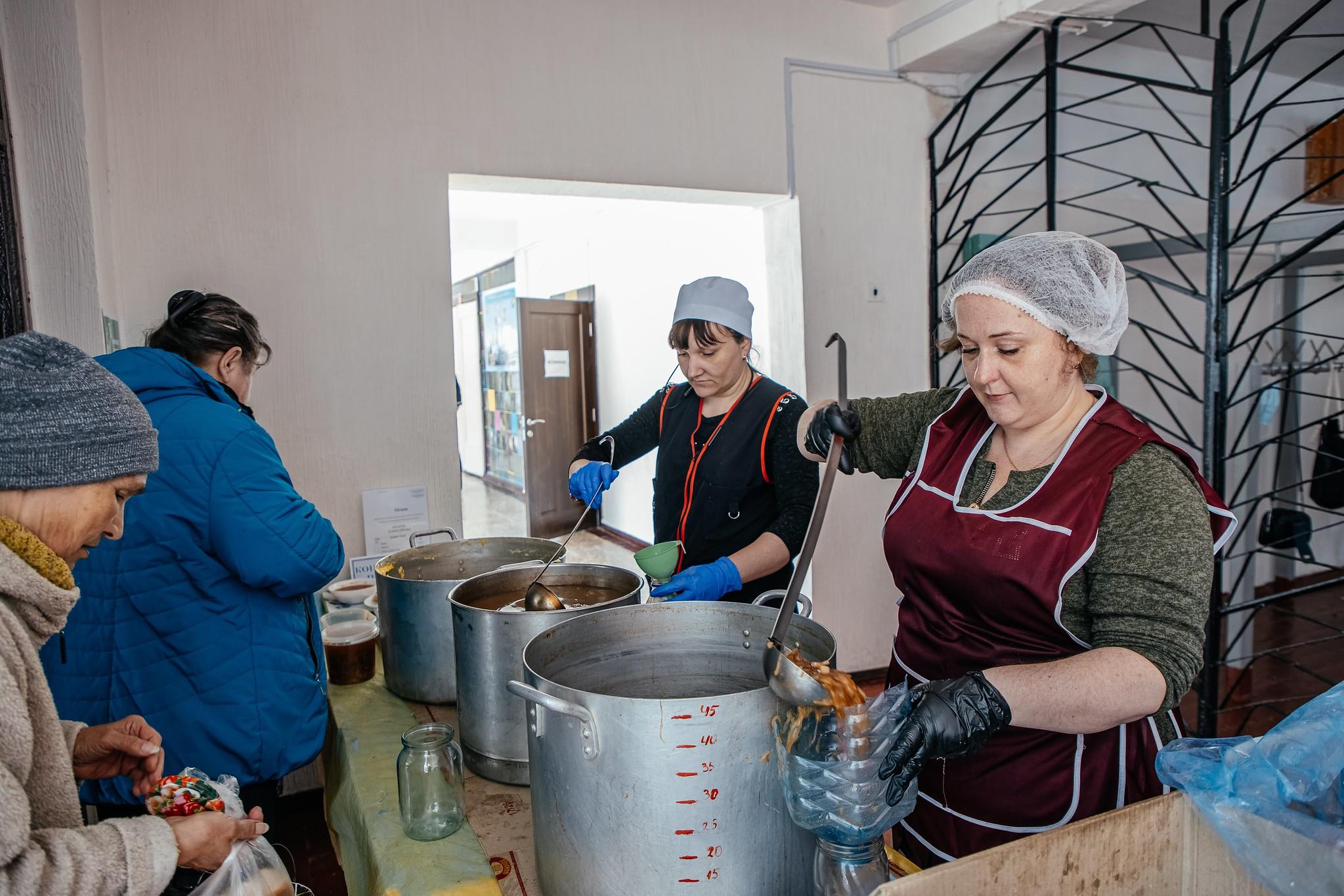
A woman distributes soup in one of the "heating points" in Kharkiv that LWF supports. Photo: LWF/ Anatolyi Nazarenko
Country Program
LWF supports people affected by the war in Ukraine with renovation, winterization and communication support. Part of this work is carried out in cooperation with our local member church, the German Evangelical Lutheran Church of Ukraine.
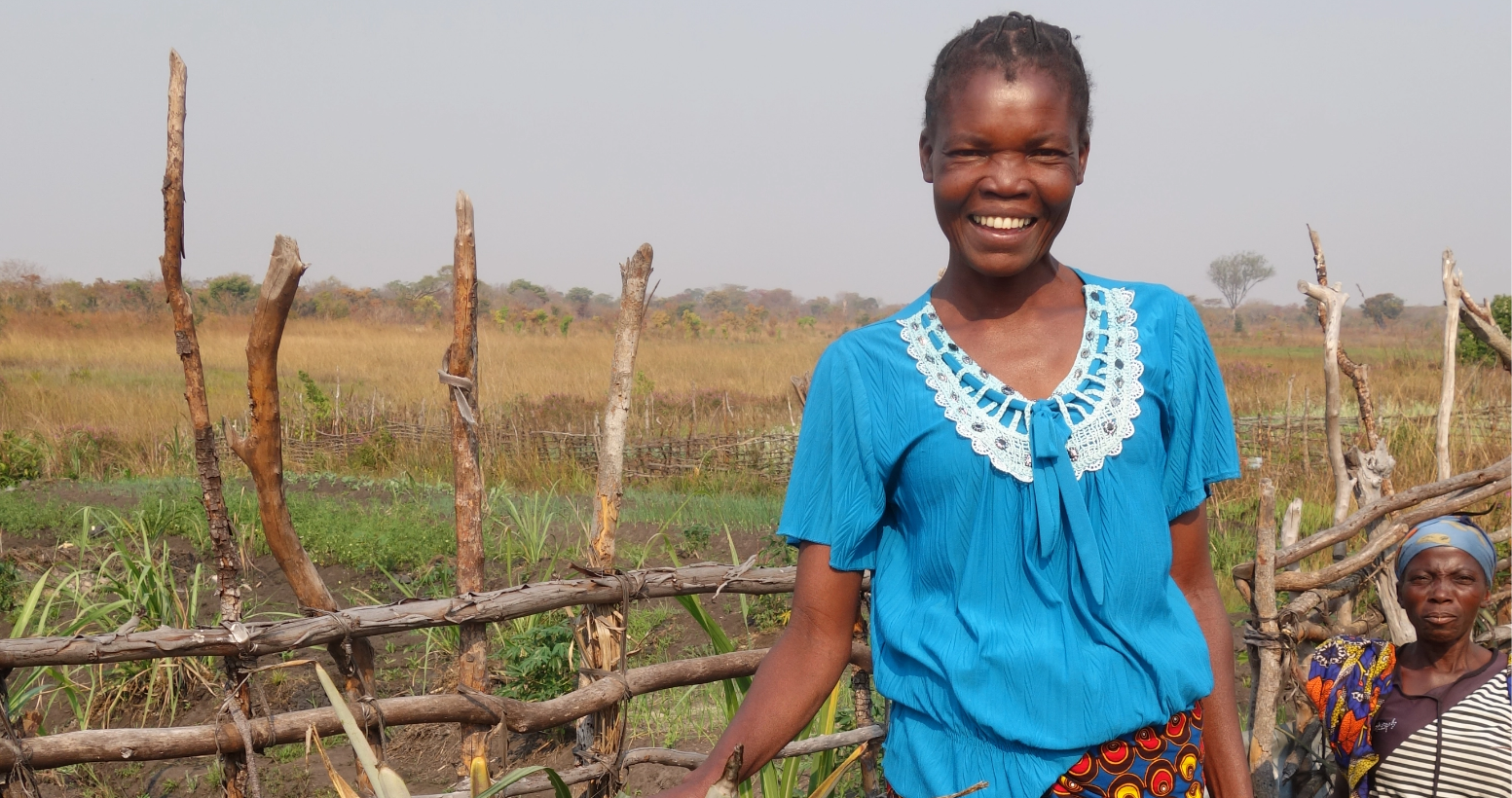
Photo: LWF/O. Schnoebelen
Closed Country Program
LWF Angola supports individuals and communities through livelihoods, land rights, sustainable agriculture, Disaster Risk Reduction (DRR) and Water, Sanitation and Hygiene (WASH) activities.
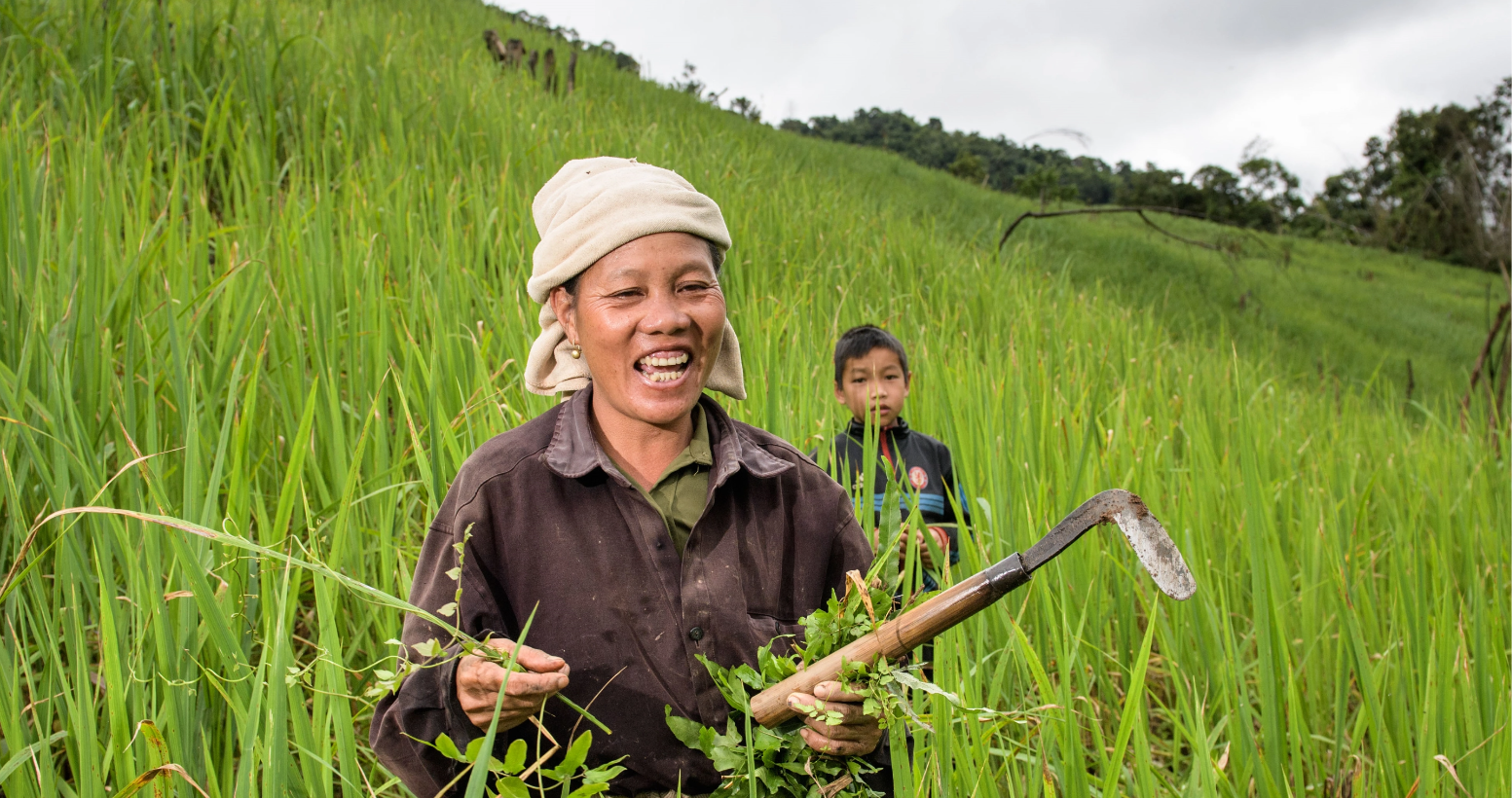
Laos
Closed Country Program
As the Lao People's Democratic Republic continues to grow economically, many challenges remain for the rural poor to realize fully some most basic rights: education, livelihoods, public health. The LWF partners with rural communities to help them realize their full potential to develop in sustainable ways.
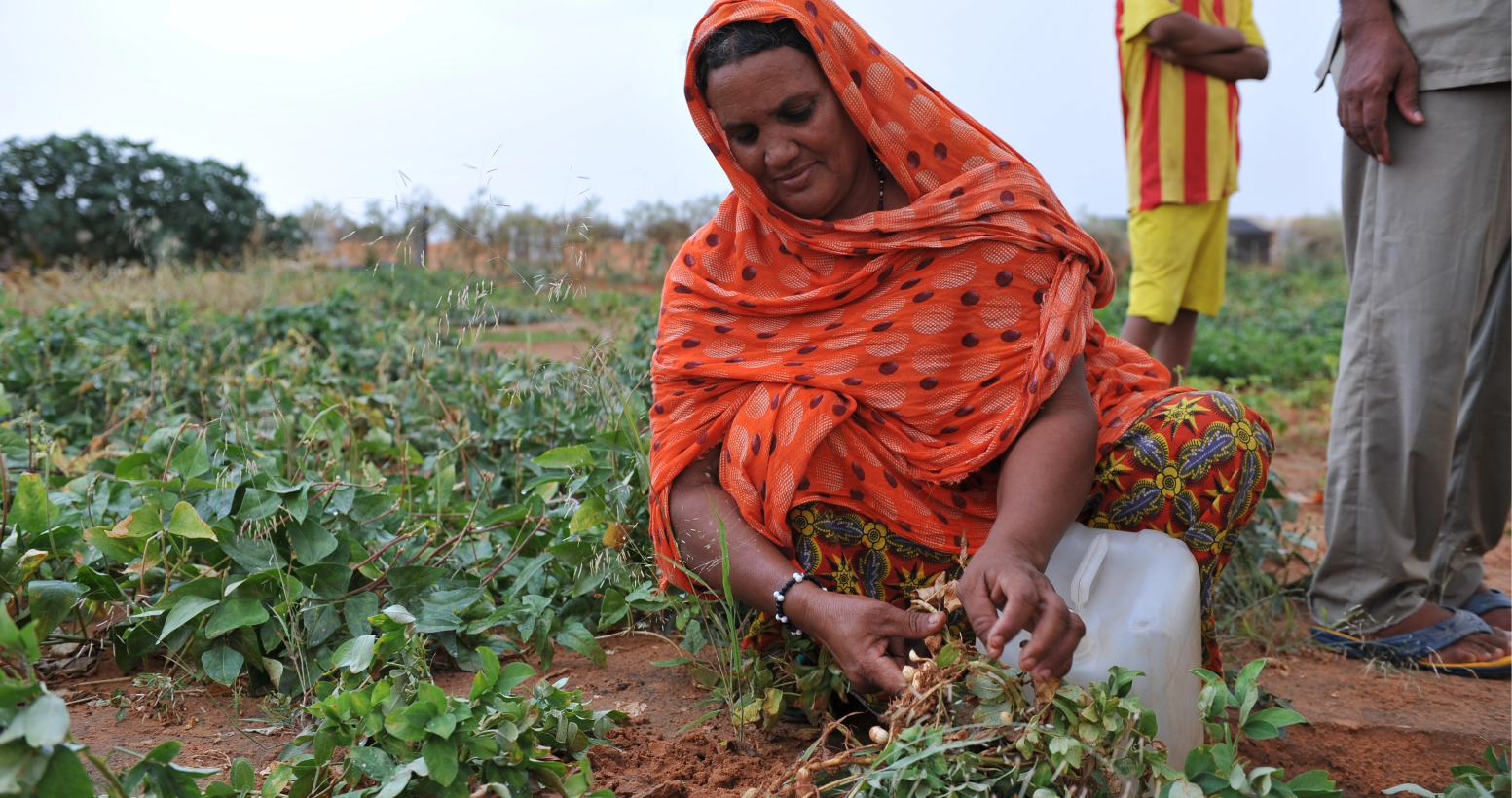
Mauritania
Closed Country Program
The country of Mauritania continues to be affected by political instability and regional insecurity. The presence of armed groups in northern Mali has led to the displacement of tens of thousands into Mauritania, and an increase in military activity in the border area. As the LWF partners with the people of Mauritania, we engage in both long-term development assistance and humanitarian action. We work through local partners and communities to support locally owned livelihood development, disaster risk reduction and preparedness, and health awareness.


